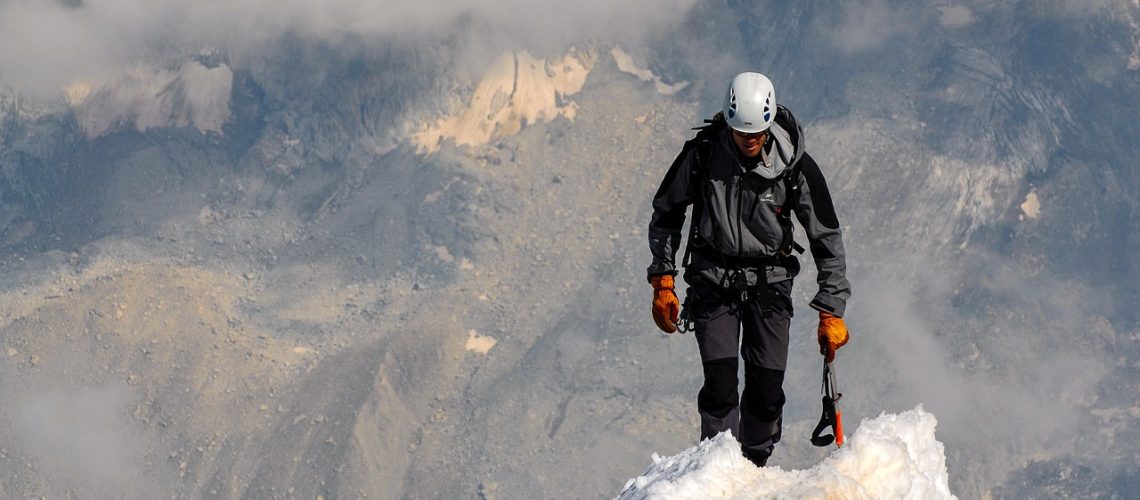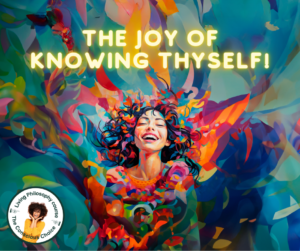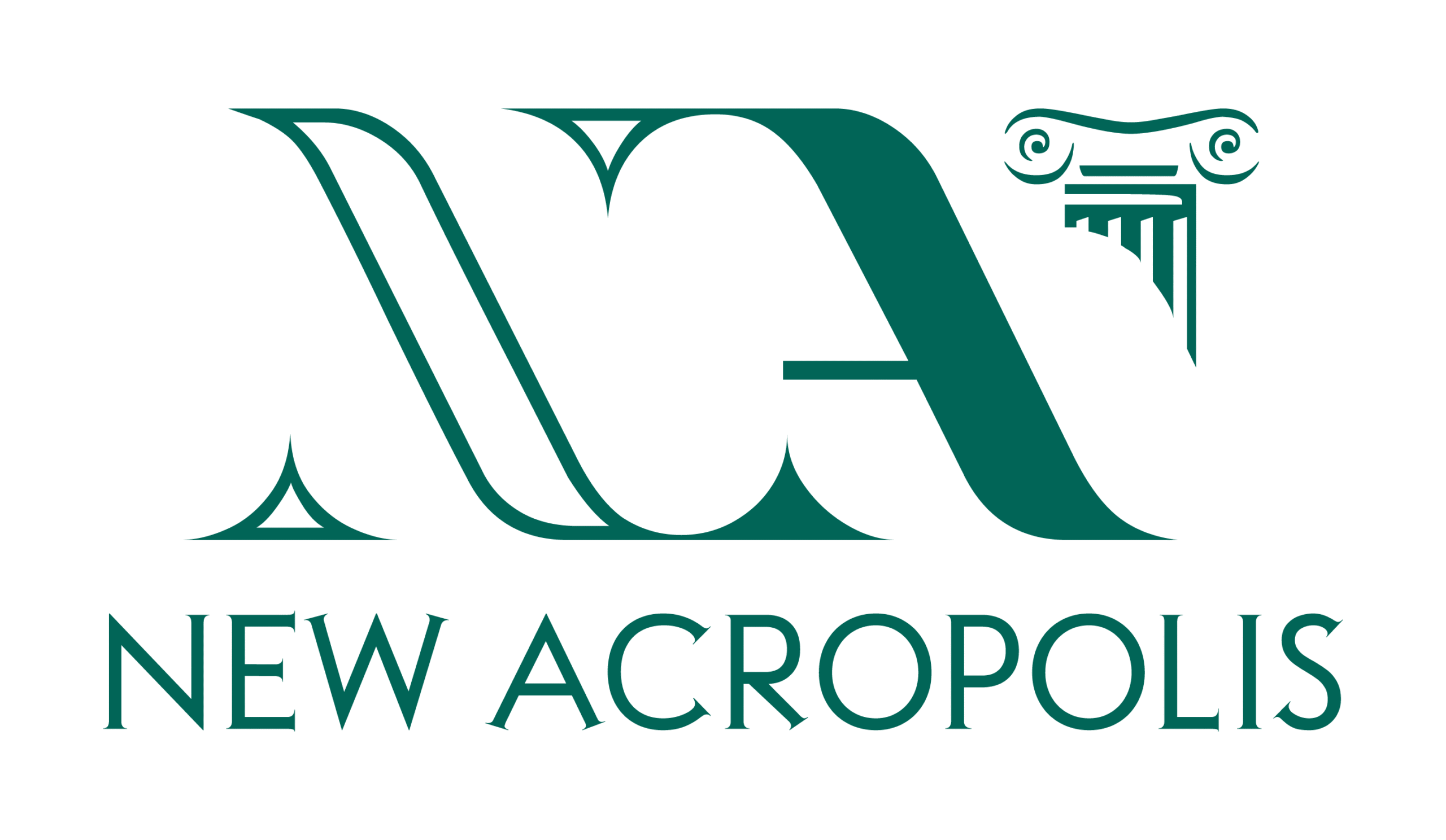
Article By Gilad Sommer
There are some who believe in the greatness of the past, in a golden age long passed, or simply in the “good old days”. Assumingly, in those days, people were good and honest, and virtue reigned the world. Therefore we need to go back to things as they were, or as we imagine they were. From this perspective, every change is a step away from the glorious past and the ever important tradition.
There are others, on the other hand, who see only a bleak past, full of cruelty and discrimination, and judge all those who lived before us, apart from heroic exceptions, as barbaric and ignorant. Assumingly, the present is the highest peak of human achievement so far, yet at the same time, there is much more to achieve. From this perspective every innovation is good and the future is seen as a continuous and linear progress towards a better world.
It may seem strange how these two different viewpoints can exist side by side.
Used to think in terms of this or that, we tend to fall into the error of thinking that everything new is great and that everything old is dangerous, or vice versa.
But thinking in more inclusive terms, we may come to understand that both approaches are partly true, and actually complement each other.
As philosophers in the classical tradition, we are inspired by traditional thought which views society as a part of nature. And as everything in nature is based on cycles, society and history, being a part of nature, are cyclical as well.
That is, the past includes many varied experiences,
some of them can teach us how to live, while others – how not to live.
There are past periods where large parts of humanity were dwelling in the darkness of ignorance, and other periods where light and wisdom took the upper hand.
And like the famous Taiji symbol (commonly known as Yin-Yang), there are elements of light in the darkness, just as elements of darkness in the light – warm winter days and cool summer nights.
Cycles within cycles.
Balancing this idea with the idea of progress, we come to the wonderful figure of the Spiral – the combination of cyclicality and linearity.
Moving forward in the quest of self-knowledge, we sometimes have to go through the depths of ignorance.
Looking at the present from this perspective, we can see that we are certainly not at the heights of human achievement, but nor are we at its bottom. We can ascertain certain positive elements that we need to conserve and protect, as well as negative elements we need to change and improve. And by positive and negative, we mean elements that bring more unity and harmony, and elements that bring disharmony and disunity and suffering as a result.
In other words, we have achieved many things, but we have many things yet to achieve.
What are the victories and challenges presented by our present?
We initiated an incredible exploration of physical nature and harnessed its laws to build innovative technologies, never seen before by humankind in known history.
Technology refers today to the development of new tools to help us control and manipulate nature toward preconceived aims. It is the application of science in the productive sphere.
Technology can be used to improve medicine and learning, communications, crafts and construction, to give us a more comfortable lifestyle, and many other possibilities we have yet to imagine.
It can also create more accurate and destructive weapons, impair our intelligence and natural skills, disrupt our communications, give us an overly comfortable lifestyle, and many other tragedies we have yet to imagine.
Without the rule of reason and spirit, technology is our sword of Damocles, hanging over our heads while we imagine ourselves sitting on the throne of nature.
We still need to conquer an intelligent criteria for the use of technology – a criteria that places the human factor above all others. As long as comfort, innovation and profit will come on the expense of human life and the sanctity of nature, we will never come out of the cycle of destruction.
Before we promote artificial intelligence, it will be wise to nurture our own natural one. We still need to learn to master ourselves in order to be able to master our technologies, just as artists require a clear image, discipline and inspiration before they can use their tools to realise beauty in this world. Otherwise, we are going to be enslaved to our machines, not because of their intelligence, but because of our lack of it.
Since the days of the “Dark Ages” we have been gradually fighting intolerant and irrational ideas which have limited mankind’s horizons and put philosophers, scientists and other free thinkers to the sword and flame. The free rational exploration of nature and its laws, have brought us to a scientific “golden age”.
From the tyranny of the irrational, however, we may have slipped into the tyranny of the rational.
In other words, what we don’t see does not exist.
The spiritual traditions of billions of human beings have been discarded as childish prattle and superstition, leading to a way of life that is empty of meaning and devoid of purpose, seeking to replace the depth of knowledge with with the sparkle of information.
This fluke-based cosmovision where everything came out of nothing for no reason, envisions the Human Being as just a random result of a blind process, a mistake and an orphan in space.
It is no wonder that side by side with the scientific flowering of the age we are witnessing the return of the irrational and the fanatic, as a direct and easy way to refill the emptiness.
This is the “either you’re with us or against us” mentality and the sound made by the gradual closing of minds.
If we have learned something from the capitalistic experiment of the 20th century, is that comfort without meaning does not bring happiness nor greatness.
We still need to rescue the heart of our spiritual traditions, to once again find our place in the universe, and to rebuild a way of life that is sacred, natural and meaningful.
No political or economic solution by itself will be able to revive humanity. Without a spiritual rebirth and the return of the archetypes, humanity will lack an essential part of itself.
The standards of living have risen significantly in the last 200 years, allowing a large part of humanity to live in conditions only dreamt of by the majority of people in past periods.
Here we must question ourselves about the nature of this so-called achievement.
What is the price we are paying for this new standard of living in a mass scale?
Its terrible implications are already felt by many.
“After me, the flood”, are the famous words of King Louis the 15th, and seem to be the general mindset of our generations.
In the best of cases, we will eventually find a way to limit the damage or clean up the mess we made, but what about the suffering of millions of people until and if we reach that point?
It is easy to blame the big corporations, the “Masters of the Matrix”, which feed this destructive machine. But who are the ones consuming and feeding this machine?
In truth, the problem is not the pursuit of a high standard of living, but our interpretation of a high standard of living, which ignores common sense as well as scientific studies which show that positive relationships and a sense of purpose are much more conducive to happiness than material comfort.
We still need to reach a definition of a lifestyle that is harmonious with nature, with human nature, and with our surroundings. We need to rediscover the simplicity of a good life and the benefits of a simple life.
Some countries are living through the grandest social experiment of multiculturalism in history, where people from a multitude of nationalities, beliefs and ethnicities, are trying to achieve harmonious co-existence. As a result, in many big cities around the world one can find a beautiful diversity of colours and creeds.
This is a result of globalisation and a movement made in the last hundred years toward more openness and inclusion.
We still need to achieve the balance between equality and individuality, and this only by discerning between our own essence and form, between who we are and what we are.
We are different, and we are the same.
This paradox lies at the heart of our multicultural challenge, and only when we truly understand it we could find the right formula to living together in harmony, which does not mean agreeing on everything.
We need to be wary of an empty culture that massifies us based on our lowest common denominators and create instead a living culture that unites through our shared humanity and the pursuit of higher ideals, without cancelling our differences and our individual uniqueness.
There are many things we were able to achieve as humanity, but there are many things we lost.
Seeing what we still need to achieve, and the gap between our ideals and practice may be disheartening, and it may feel the problems are overwhelming.
But this is not true.
As Lao-Tze once said, “The journey of a thousand miles begins beneath one’s feet.”
Taking one step at a time, you may find out that you are not the only one walking.
And working together, Mankind can achieve miracles.

The Living Philosophy course is an introduction and foundation towards living life with meaning and awareness. It brings together the thoughts of the most prominent philosophers of the East and West, especially those who left deep marks on humanity. This comparative study of philosophies does not belong to a single thinker or any particular school but is a universal human heritage. It is more than just another course; it is an opportunity to promote philosophy as a way of life and engage deeply with ideas, practice together, and develop skills in a supportive community.
Next batches:
11.02.26, Wednesday 7.30 pm16.03.26, Monday, 7:30 pm
Leadership is not a title — it’s a way of being.Before we can lead others, we must learn to lead ourselves. Authentic leadership begins... Read More
© 2015 Sofarider Inc. All rights reserved. WordPress theme by Dameer DJ.
